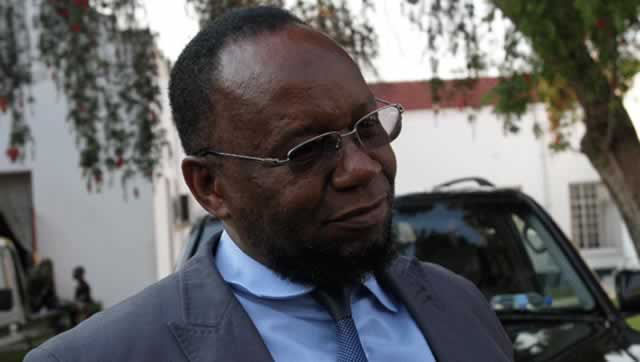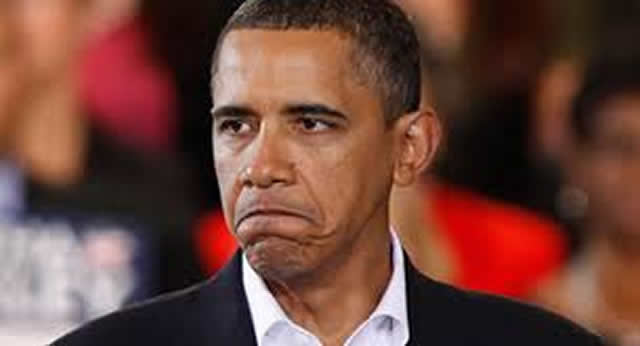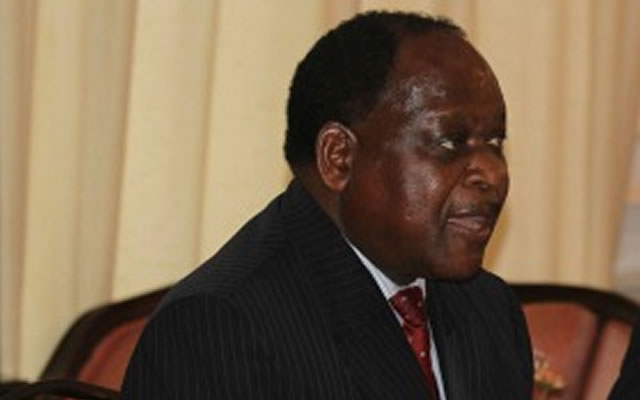Editorial Comment: Teachers, minister must find common ground

THE discord between the Minister of Primary and Secondary Education Dr Lazarus Dokora and his teachers does not augur well for the smooth running of the education sector.
Dr Dokora introduced a raft of measures which in his opinion are meant to improve the running of schools but his teachers are saying some of these measures will impact negatively on the running of schools. Among the changes that have put Dr Dokora on a collision course with his teachers is the banning of incentives, extra or holiday lessons, entrance tests, sale of uniforms by schools and the holding of sports events during weekends.
The teachers are accusing Dr Dokora of taking decisions without consulting them, a move they say is very demoralising. Delegates to the National Association of Secondary School Heads (Nash) underway in Victoria Falls said most of the policy changes introduced by Dr Dokora since his appointment were negatively affecting the running of schools.
They said the policy changes were in fact causing a lot of confusion in schools which at the end of the day affect the performance of pupils. The teachers said they did not understand the logic in banning extra or holiday lessons which were meant to prepare pupils for public examinations.
They accused Dr Dokora of concentrating on non issues instead of attending to real issues such as ensuring that the Zimbabwe Schools Examinations Council (Zimsec) perfects its running of public examinations. Dr Dokora has however, argued that the time allocated for each school term is adequate to cover the syllabi hence there was no need for extra or holiday lessons.
The Minister said he had in fact consulted school heads who confirmed that the school terms were long enough to cover the syllabi. Dr Dokora said extra or school holidays were being abused by teachers to fleece the already overburdened parents who had to fork out extra money to pay teachers for the lessons. He said school holidays are meant to give pupils time off from books as they prepare for the next term.
Dr Dokora said it was the obligation of government as the employer to pay teachers and not parents hence the decision to ban teachers’ incentives. He said the incentives were creating industrial disharmony as some teachers especially in rural areas were not being paid the incentives. In urban areas where most teachers were being paid incentives, pupils whose parents could not afford to pay the incentives were being discriminated against.
Dr Dokora said schools were also abusing entrance tests which to most schools had become a way of fund-raising. He said schools were at times inviting applicants ten fold the number they require just to make money and the fees were in most cases ridiculously high. Dr Dokora said Grade Seven Examinations were meant to assist schools screen applicants so there was no need for the entrance tests.
Minister Dokora’s policy changes, we want to believe, are well intended but what is critical is a buy in from his teachers. It is therefore important for the ministry to widely consult teachers through their unions and associations such as Nash and Naph. The issue of extra lessons or holiday lessons has always been there but what has changed is that teachers are now demanding payment for these lessons which was not the case in the past. There is therefore a suspicion that teachers are deliberately delaying completing the syllabi during school terms in order to justify holiday lessons that bring them extra income.
The issue of incentives is a very contentious one as the teachers unions have always been against incentives but the worry is that some schools authorities had factored in incentives into school fees which means in the event of the ministry insisting on the ban, there is a need to revise the fees downwards.












Comments